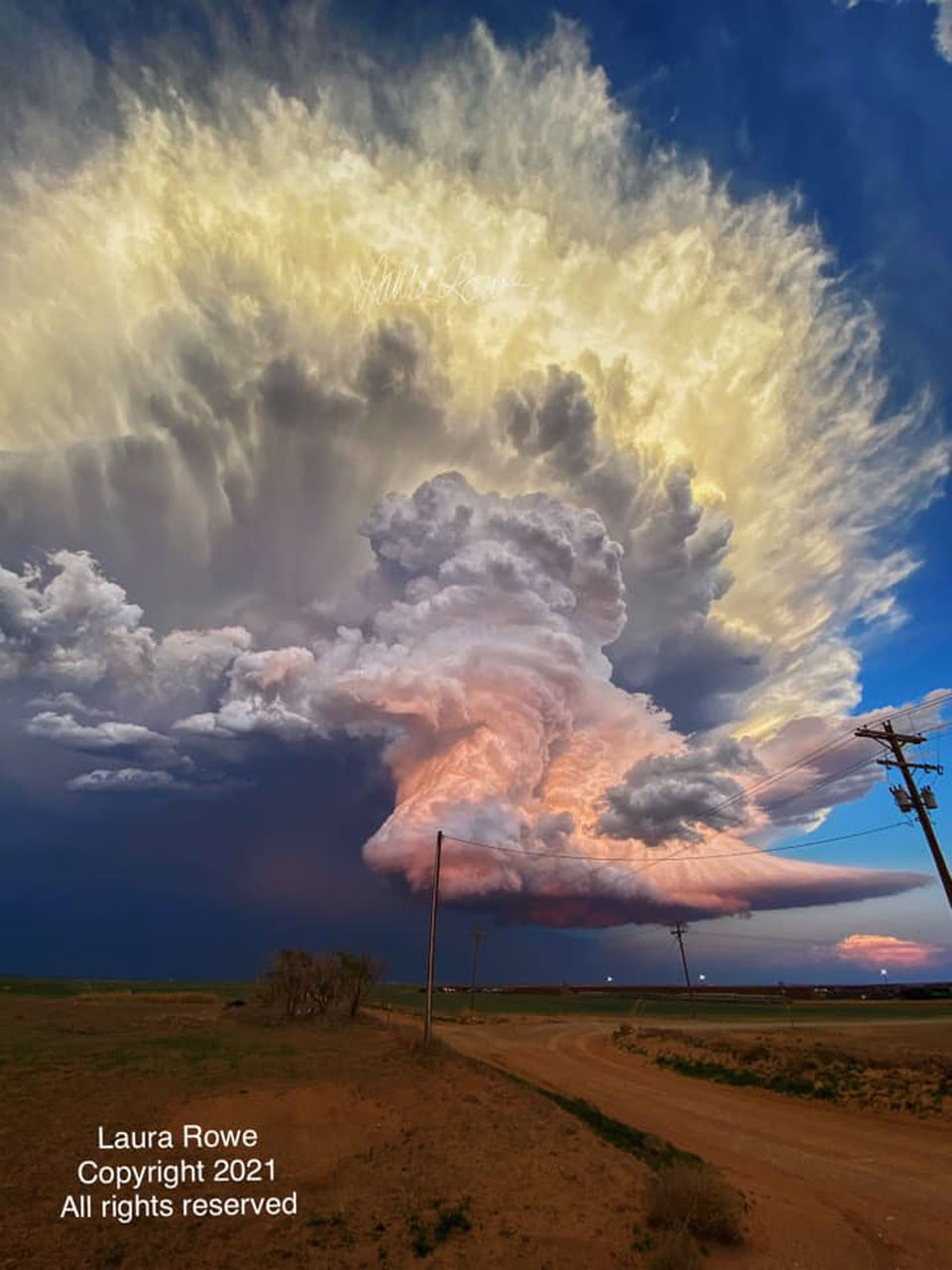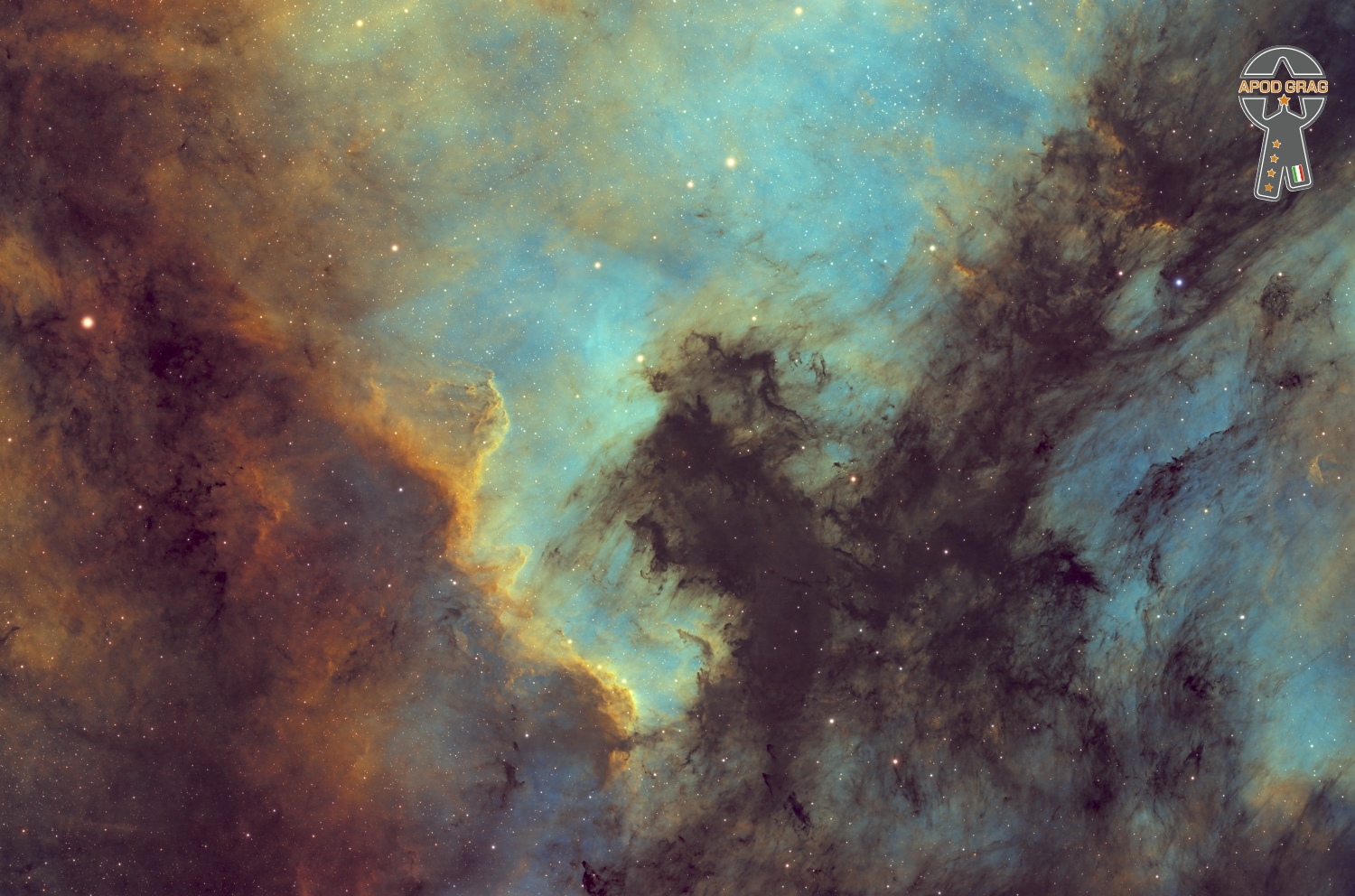Blog
Yusuf Hazziez (born Joseph Arrington Jr.; August 8, 1935 – August 13, 1982), known professionally as Joe Tex, was an American singer and musician who gained success in the 1960s and 1970s with his brand of Southern soul, which mixed the styles of funk, country, gospel, and rhythm and blues.
His career started after he was signed to King Records in 1955 following four wins at the Apollo Theater. Between 1955 and 1964, he struggled to find hits, and by the time he finally recorded his first hit, “Hold What You’ve Got” in 1964, he had recorded 30 previous singles that were deemed failures on the charts. He went on to have four million-selling hits: “Hold What You’ve Got” (1965), “Skinny Legs and All” (1967), “I Gotcha” (1972), and “Ain’t Gonna Bump No More (With No Big Fat Woman)” (1977).
In early August 1982, Tex was found at the bottom of a swimming pool at his home in Navasota, after which he was revived in hospital and sent home. Just a few days later, on August 13, five days after his 47th birthday, he died at Grimes Memorial Hospital in Navasota, following a heart attack.
more...Urban Clifford “Urbie” Green (August 8, 1926 – December 31, 2018) was an American jazz trombonist who toured with Woody Herman, Gene Krupa, Jan Savitt, and Frankie Carle. He played on over 250 recordings and released more than two dozen albums as a soloist. He was inducted into the Alabama Jazz Hall of Fame in 1995.
Green was born in Mobile, Alabama. He was taught the piano as a child by his mother. He learned jazz and popular tunes from the beginning. He started to play trombone, which both older brothers played, when he was about 12. He listened to trombonists Tommy Dorsey, J. C. Higginbotham, Jack Jenney, Jack Teagarden, and Trummy Young, but said he was more influenced by the styles of Dizzy Gillespie, Charlie Parker, and Lester Young. His style was also influenced by the vocals of Perry Como and Louis Armstrong. He attended Auburn High School, where he was a member of The Auburn Knights Orchestra.
more...Bennett Lester Carter (August 8, 1907 – July 12, 2003) was an American jazzsaxophonist, clarinetist, trumpeter, composer, arranger, and bandleader. With Johnny Hodges, he was a pioneer on the alto saxophone. From the beginning of his career in the 1920s, he worked as an arranger including written charts for Fletcher Henderson‘s big band that shaped the swing style. He had an unusually long career that lasted into the 1990s. During the 1980s and 1990s, he was nominated for eight Grammy Awards, which included receiving a Lifetime Achievement Award.
Carter was born in New York City in 1907. He was given piano lessons by his mother and others in the neighborhood. He played trumpet and experimented briefly with C-melody saxophone before settling on alto saxophone. In the 1920s, he performed with June Clark, Billy Paige, and Earl Hines, then toured as a member of the Wilberforce Collegians led by Horace Henderson. He appeared on record for the first time in 1927 as a member of the Paradise Ten led by Charlie Johnson. He returned to the Collegians and became their bandleader through 1929, including a performance at the Savoy Ballroom in New York City.
more...First, the cloud itself is composed of millions of tiny droplets of water and ice. Its bottom is almost completely flat — but this isn’t unusual. Bottom flatness in clouds is generally caused by air temperature dropping as you go up, and that above a specific height, water-saturated air condenses out water droplets. The shape of the cloud middle is caused by a water-droplet-laden column of air being blown upward. Most unusual, though, are the orange and yellow colors. Both colors are caused by the cloud’s water drops reflecting sunlight. The orange color in the cloud’s middle and bottom sections are reflections of a nearly red sunset. In contrast, the yellow color of the cloud’s top results from reflection of light from a not-yet-setting Sun, where some — but less — blue light is being scattered away. Appearing to float above the plains in Texas, the featured impressive image of a dynamic cumulonimbus cloud was captured in 2021 while investigating a tornado.

Rodney Crowell (born August 7, 1950 Houston, TX) is an American musician, known primarily for his work as a singer and songwriter in country music. Crowell has had five number one singles on Hot Country Songs, all from his 1988 album Diamonds & Dirt. He has also written songs and produced for other artists.
He was influenced by songwriters Guy Clark and Townes Van Zandt. Crowell played guitar and sang for three years in Emmylou Harris‘ Hot Band.
He has won two Grammy Awards in his career, one in 1990 for Best Country Song for the song “After All This Time” and one in 2014 Best Americana Album for his album Old Yellow Moon.
more...George Abel Van Eps (August 7, 1913 – November 29, 1998) was an American swing and mainstream jazz guitarist.
George Van Eps was born in Plainfield, New Jersey, United States, into a family of musicians. His three brothers – Fred Abel Van Eps, Jr. (1907–1980), Robert B. Van Eps (1909–1986), and John A. Van Eps (1912–1945) – were musicians. His mother, Louise Abel, was a classical pianist and his father, Fred Van Eps, was a ragtime banjoist and sound engineer. George Van Eps began playing banjo when he was eleven years old. After hearing Eddie Lang on the radio, he put down the banjo and devoted himself to guitar. By the age of thirteen, in 1926, he was performing on the radio. Through the middle of the 1930s, he played with Harry Reser, Smith Ballew, Freddy Martin, Benny Goodman, and Ray Noble.
more...Rahsaan Roland Kirk (born Ronald Theodore Kirk; August 7, 1935 – December 5, 1977), known earlier in his career simply as Roland Kirk, was an American jazzmulti-instrumentalist who played tenor saxophone, flute, and many other instruments. He was renowned for his onstage vitality, during which virtuoso improvisation was accompanied by comic banter, political ranting, and the ability to play several instruments simultaneously.
Ronald Theodore Kirk was born in Columbus, Ohio, where he lived in a neighborhood known as Flytown. He became blind at two years old, which he said was a result of improper medical treatment. As a teenager, Kirk studied at the Ohio State School for the Blind. By 15, he was on the road playing rhythm and blues on weekends with Boyd Moore’s band. According to saxophonist Hank Crawford, “He would be like this 14-year-old blind kid playing two horns at once. They would bring him out and he would tear the joint up.” Crawford heard him during this period and said he was unbelievable. He remarked, “Now they had him doing all kinds of goofy stuff but he was playing the two horns and he was playing the shit out of them. He was an original from the beginning.” Kirk felt compelled by a dream to transpose two letters in his first name to make ‘”Roland”. In 1970, Kirk added “Rahsaan” to his name after hearing it in a dream.
In 1975, Kirk had a major stroke which led to partial paralysis of one side of his body.He continued to perform and record, modifying his instruments to enable him to play with one arm. At a live performance at Ronnie Scott’s Jazz Club in London he even managed to play two instruments, and carried on to tour internationally and to appear on television.
He died from a second stroke in 1977, aged 42, the morning after performing in the Frangipani Room of the Indiana University Student Union in Bloomington, Indiana.
more...Charles Luckyth Roberts (August 7, 1887 – February 5, 1968), better known as Luckey Roberts, was an American composer and stride pianist who worked in the jazz, ragtime, and blues styles. Roberts performed as musician, band/orchestra conductor, and dancer. He taught music and dance. He also owned a restaurant and bar in New York City and in Washington, D.C. Luckey Roberts noted compositions include “Junk Man Rag”, “Moonlight Cocktail“, “Pork and Beans” (1913), and “Railroad Blues”.
Luckey Roberts was born in Philadelphia, Pennsylvania, United States, and was playing piano and acting professionally with traveling Vaudeville and Negro minstrel shows in his childhood. His father, William Roberts, an unaccredited self-taught veterinarian, was overwhelmed by the responsibility of single-parenthood when his mother, Elizabeth Williams Roberts, tragical died just three weeks after his birth.
more...The North America Nebula (NGC 7000 or Caldwell 20) is an emission nebula in the constellation Cygnus, close to Deneb (the tail of the swan and its brightest star). It is named because its shape resembles North America. 2590 ly. 
Ravi Coltrane (born August 6, 1965 Long Island, NY) is an American jazz saxophonist. Co-owner of the record label RKM Music, he has produced pianist Luis Perdomo, guitarist David Gilmore, and trumpeter Ralph Alessi.
more...
Regina Carter (born August 6, 1966 Detroit) is an American jazz violinist. She is the cousin of jazz saxophonist James Carter.
more...Charles Edward Haden (August 6, 1937 – July 11, 2014 Shenandoah, IA) was an American jazz double bass player, bandleader, composer and educator whose career spanned more than fifty years. Haden helped to revolutionize the harmonic concept of bass playing in jazz, evolving a style that sometimes complemented the soloist, and other times moved independently, liberating bassists from a strictly accompanying role.
more...Anna Marie Wooldridge (August 6, 1930 – August 14, 2010 Chicago),known professionally as Abbey Lincoln, was an American jazz vocalist. She was a civil rights activist beginning in the 1960s. Lincoln made a career out of delivering deeply felt presentations of standards, as well as writing and singing her own material.
more...https://youtu.be/rpSbYik54R4?si=ves4E6yIDZrH-78J
more...More Posts
- Daily Roots Bob Marley
- Happy Losar & Lunar New Year 2024
- Cabaret at Mixed Blood Theater
- Cosmos NGC 1365
- Rufus Reid
- Manu Dibango
- Chick Webb
- World Music Trio Mandili
- Daily Roots Augustus Pablo
- Cabaret at the Mixed Blood Theater
- Cosmos Caldwell 49
- Carole King
- Ernest Tubb
- Walter Page
- Carmen Miranda
- Flamenco Fridays Camarón con Ramón de Algeciras
- Daily Roots Kailash
- Cabaret @ Mixed Blood
- Cosmos NGC 104
- Floyd Dixon
